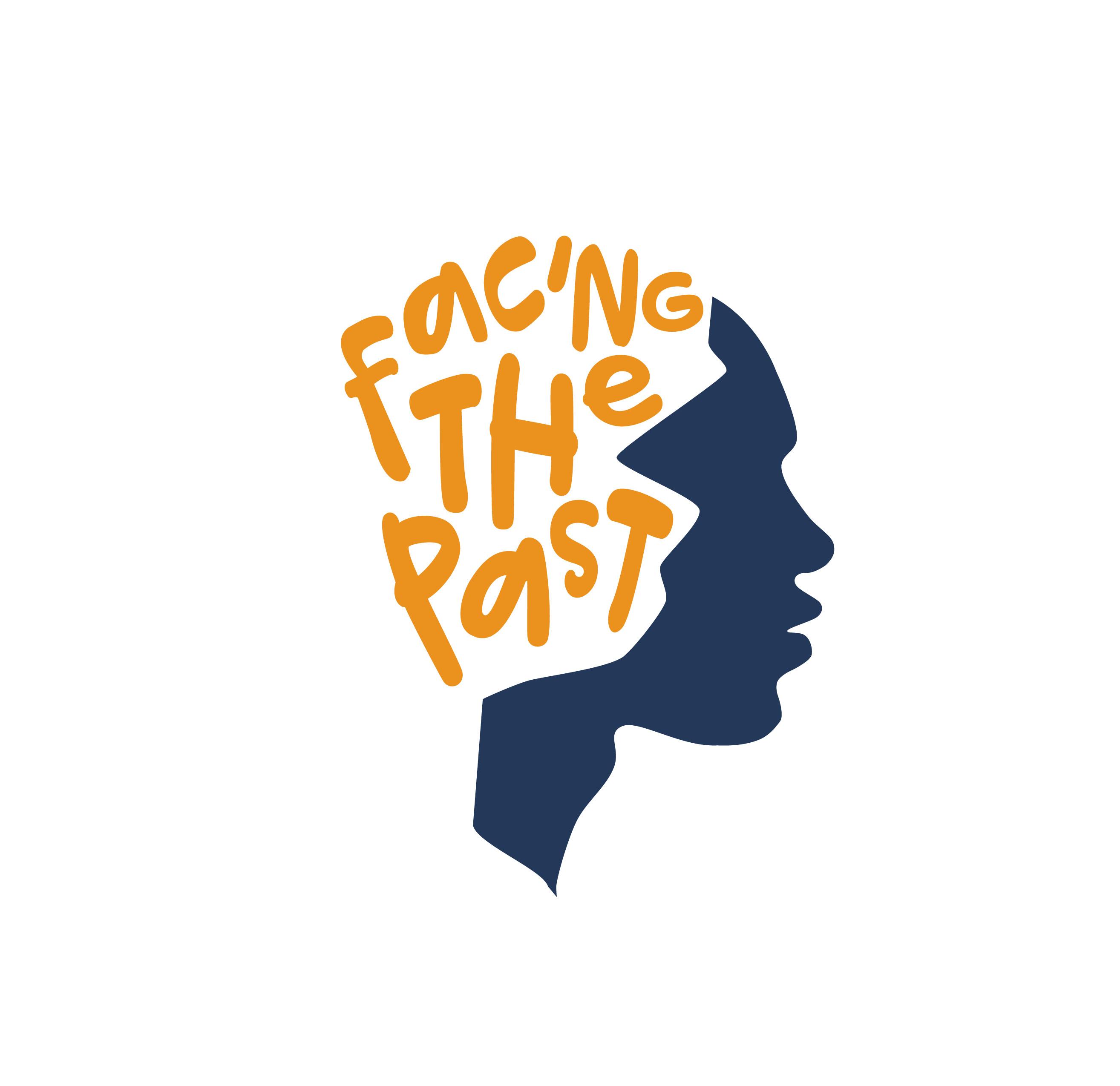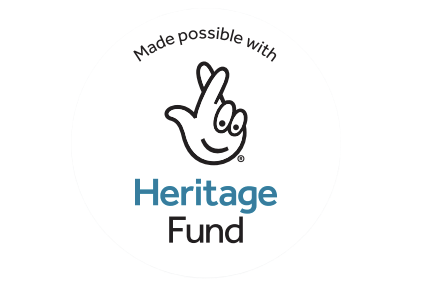
Glossary
How we choose to talk about this history impacts how it is understood. It’s important to understand the impact of the specific words we use.
When describing a person who was captured from Africa, we refer to them as an enslaved person, instead of ‘slave’. This is to reinforce that the person is not wholly defined by something that was done to them. It is also to rembember their personhood, something that has often been lost in the ways this history has previously been written.
We use the term ‘slavery trading’ instead of ‘slave trading’ for the same reason as above. This encompasses all of the commodities traded in between America, Africa and Britain that were linked to the system of slavery.
When talking about racism and the experiences of black people there can sometimes be differences in the words people use and how they refer to their own identities. Variations of language have been used over time and some words that were used widely several decades ago are now understood to be discriminatory. We can also see differences across different places such as between the UK and the US.
Several organisations have produced working glossaries for current language that is used by people when doing anti-racist work.
The Anti-Racist Educator (UK) - https://www.theantiracisteducator.com/glossary
Racial Equality Tools (US) - https://www.racialequitytools.org/glossary

